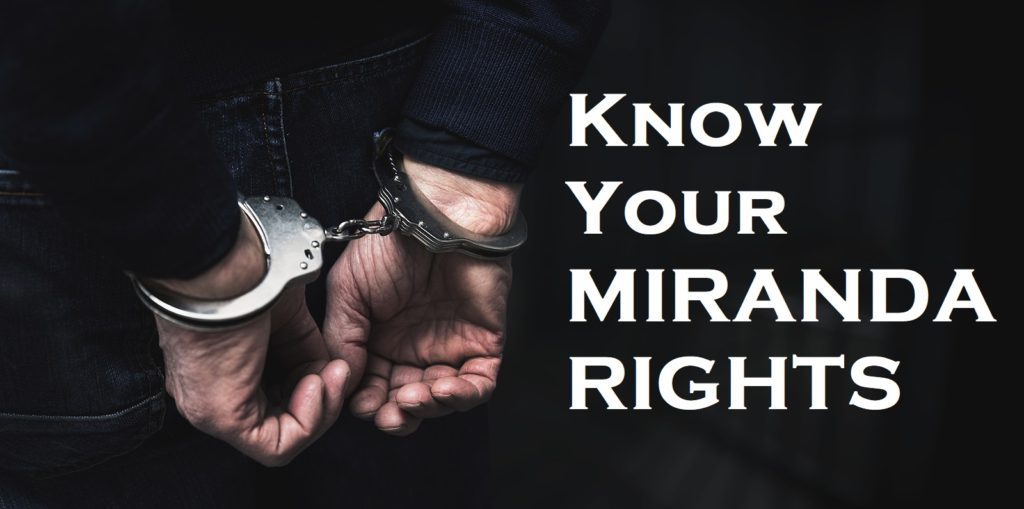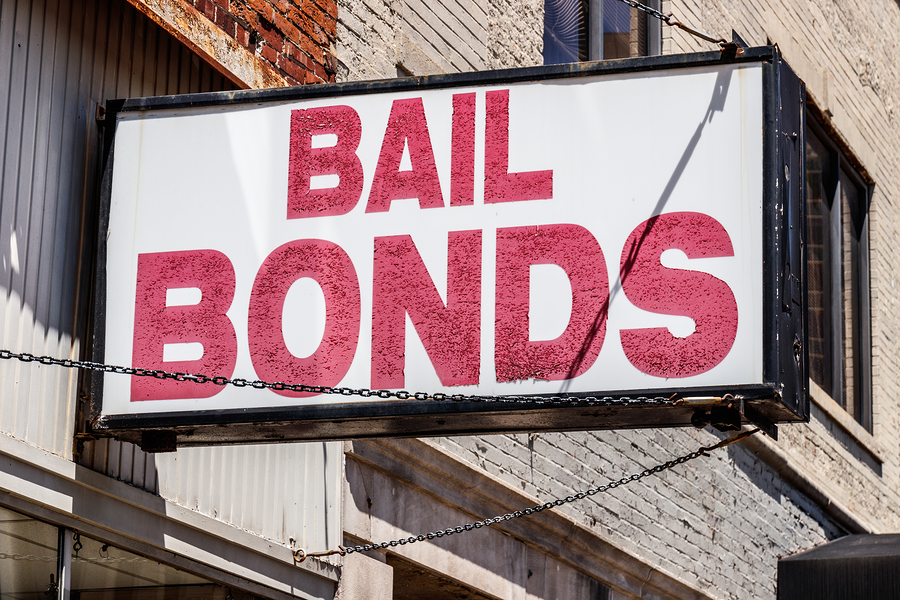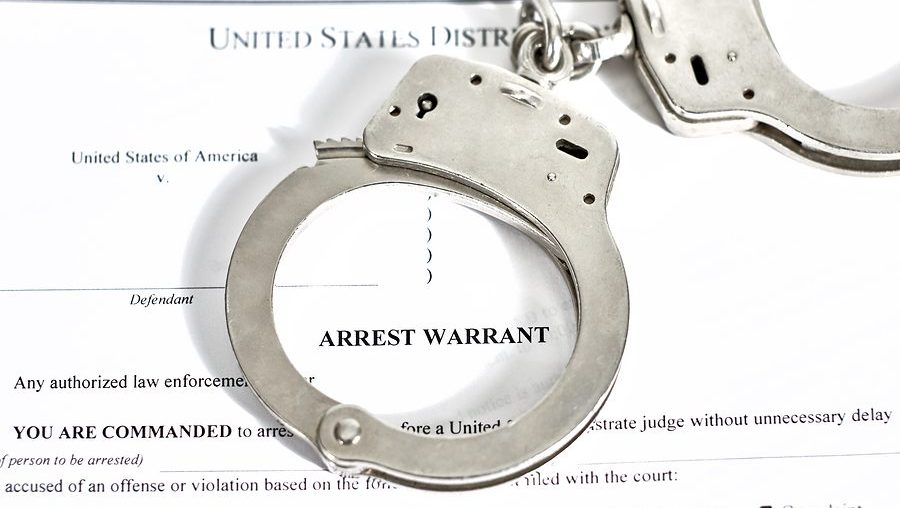If you are recently approached by law enforcement, or worse, arrested, you may be wondering about your Miranda rights. There are many misconceptions regarding Miranda warnings, one of the most common being that they must be read at every police interaction. Continue reading to learn whether or not your Miranda rights were violated, and what you should do if they were.

Learn Your Miranda Rights
As a result of the case, “Miranda versus the state of Arizona”, the United States Supreme Court ruled that detained criminal suspects must be informed of certain constitutional rights before police questioning or interrogation takes place. Miranda rights mostly have to do with the 5th and 6th Amendments under the United States Constitution.
Your 5th and 6th Amendment
The 5th amendment protects the right to due process and prohibits self-incrimination and double jeopardy. The 6th amendment guarantees the right to an attorney, and protects the right to a fair and speedy trial, the right to be notified of accusations, the right to confront the accuser, and the right to obtain witnesses.
THE TRADITIONAL MIRANDA WARNINGS:
▷ You have the right to remain silent.
▷ Anything you say or do can be used against you in a court of law.
▷ You have the right to consult an attorney before speaking to police, and have an attorney present during questioning now or in the future.
▷ If you cannot afford an attorney, one will be appointed for you before any questioning if you wish.
▷ If you decide to answer any questions now without a lawyer present, you still have the right to stop answering at any time until you talk to a lawyer.
▷ Knowing and understanding your rights as they’ve been explained to you, are you willing to answer any questions without an attorney present?
Your Pirtle Rights ► The Miranda Rights primarily apply to interrogations, but your Pirtle rights apply to law enforcement seeking consent to search your property, whether vehicle, home, storage unit, or business. If a person is in police custody and asked to consent to a search of their property, they have the right to consult with their attorney and have them present before giving consent.
What You Need To Know About Miranda Rights
The rules and regulations regarding Miranda warnings and what police officers must say to people under arrest differ among jurisdictions within the United States. It is important to understand that Miranda warnings are not meant for every police interaction, and may not always be read to a person. For instance, if the police officer citing you for a moving violation, they won’t be reading you any legal warnings.
The only situation in which law enforcement is required to read a person their Miranda rights is if custodial interrogation is going to take place. This means if police officers intend to interrogate and question a suspect for the purpose of making an arrest, they must read the suspect their Miranda warnings first before questioning them.
Do you believe that the arresting officer failed to deliver Miranda warnings? Contact the Law Office of David E. Lewis at 317-636-7514 to schedule a free consultation with a seasoned Indianapolis Indiana criminal lawyer who will build you a strong and impactful defense.
You Should Also Like:
Understanding Your Miranda Rights
Can I Tape Record an On-Duty Police Officer?
What are My Constitutional Rights After Being Arrested?








